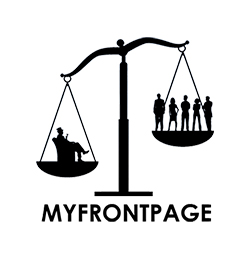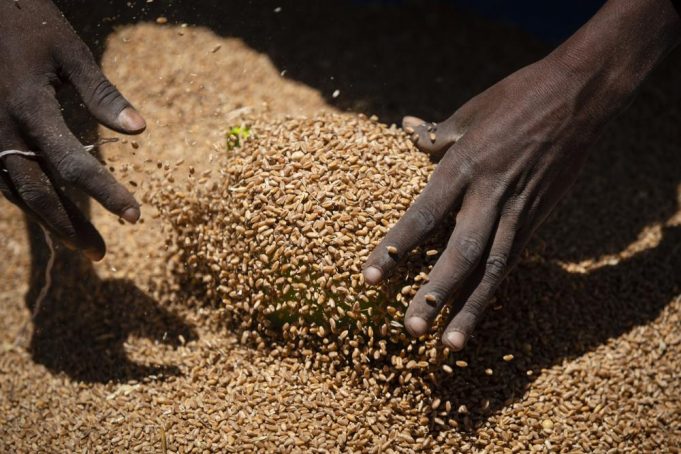DUBAI, United Arab Emirates: Worldwide, farmers like are weighing whether to change their planting patterns and grow more wheat this spring. As the war has choked off or thrown into question grain supplies from a region known as “the breadbasket of the world.”
Ukraine and Russia account for a third of global wheat and barley exports. Which countries in the Middle East, Asia, and Africa rely on to feed millions of people. Who subsists on subsidized bread and bargain noodles. They are also top exporters of other grains and sunflower seed oil used for cooking and food processing.
Kessel said he may plant some more wheat and ride the tide of high prices. That has spiked by a third since the invasion. Helping offset losses from drought and the increasing cost of fuel, but not a lot more.
“Honestly, it probably will help us plant a few more wheat acres. We’ll put a few more acres into wheat and a few more into sunflowers,” said Kessel. He is also the first vice president of the North Dakota Grain Growers Association.
Major grain producers like the United States, Canada, France, Australia, and Argentina are being closely watched. To see if they can quickly ramp up production to fill in the gaps from lost Ukrainian and Russian supplies. But farmers are facing the prospect of another year of drought. Climbing fuel and fertilizer costs, and supply chain disruptions from the COVID-19 pandemic. Major producers also are hamstrung by factors like legal limits on exports and farming patterns.
That means uncertainty for countries like Egypt, Lebanon, Iran, Ethiopia, and others. They cannot grow enough wheat, barley, corn, or other grains to meet their needs. The war has raised the specter of food shortages and political instability in countries that rely on affordable grain imports.
The International Grains Council in its March report said. Any extra grain exports from anywhere in the world “will likely only partially offset lower Black Sea shipments over the remainder of the current season.”
The head of the U.N. food assistance agency warned.
About half of the grain the World Food Program buys to feed 125 million people worldwide comes from Ukraine. The double blow of rising food prices and depressed wheat exports from the war is a recipe for “catastrophe not just in Ukraine, but potentially globally.”
“It will impact millions and millions of people, particularly in the poorest countries of the world,” WFP Executive Director David Beasley told. In the western Ukrainian city of Lviv last week as he visited a refugee center where food aid was distributed.
There are unanswered questions about how Western sanctions on Russia, the world’s top wheat exporter, could affect its grain exports and distribution networks. Russia is also the biggest exporter of fertilizer. While Ukraine ships huge amounts of corn, rye, oats, and millet. The Black Sea region is a top producer of the grains used to feed livestock worldwide.
Arnaud Petit, executive director of the International Grains Council. said. Australia and India have responded with increased grain exports. But there’s little room for others to immediately do the same. That’s mainly due to recurrent drought.
The U.S. produced around 44 million tons of wheat for the 2021-2022 season. Just two to three years ago, it was over 50 million tons. Petit pointed to drought and farmers switching to more profitable crops.
Canada, Argentina, and Australia could try to ramp up wheat production for the coming season that ends in mid-2023. But it’s too early to tell if farmers are changing their planting patterns to focus more on grains like wheat.
Doug Martin said it’s too late for his family farm in Manitoba, Canada, to make significant changes to what’s being planted now. Plus, growing a range of crops spreads out risks.
“Most producers have a set idea of what they are seeding and will probably stick to that,” Martin said.
Although higher wheat prices will reap earnings for farmers, that isn’t enough incentive to expand production. Because prices are also climbing for crops like oats, canola, and barley.
“There are other crops that are going to get good returns,” Martin added.
Any increased production is running up against surging costs for supplies. The price of fuel has skyrocketed. The cost of fertilizer was already high because of a crunch in natural gas acutely felt in Europe.
“With cheaper fertilizers, it could have been possible to grow our way out of a global food security problem. But nutrients are anything but affordable or even accessible right now,” said Sylvain Charlebois, a professor in food distribution and policy at Dalhousie University in Canada.
















